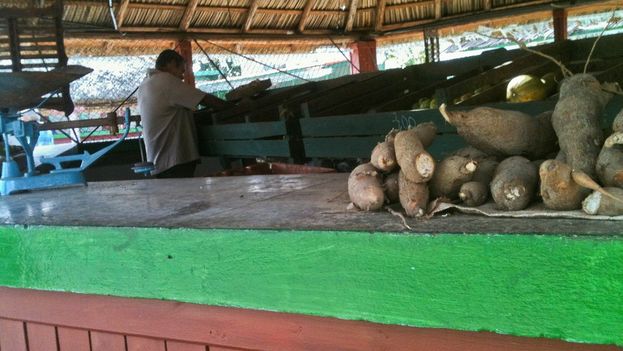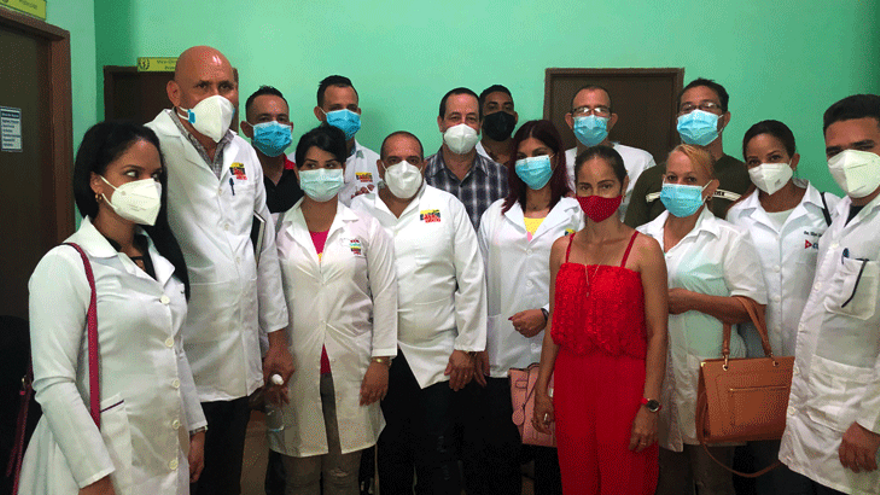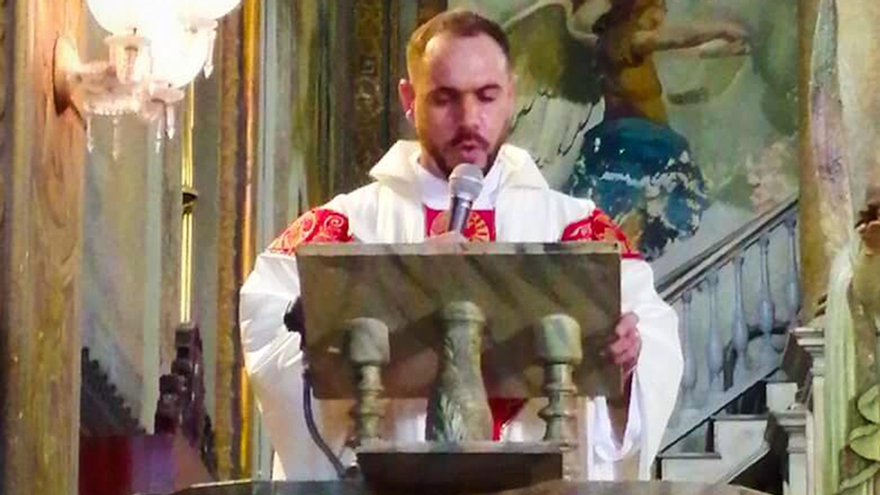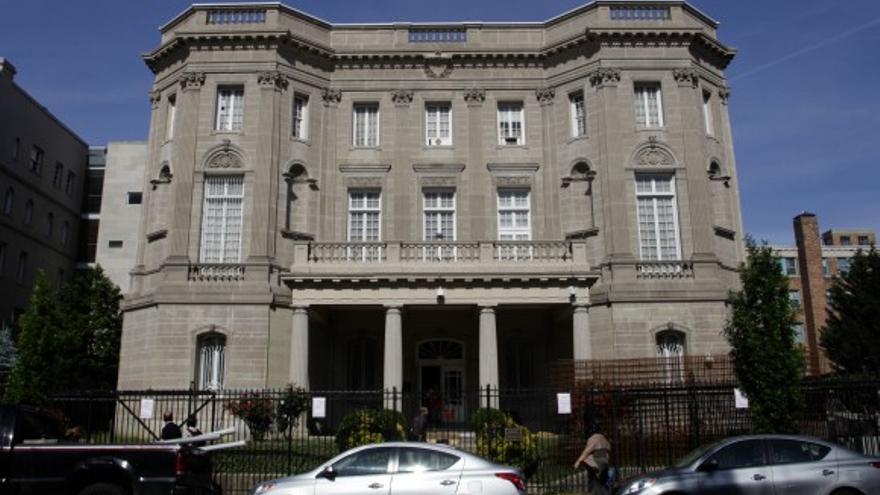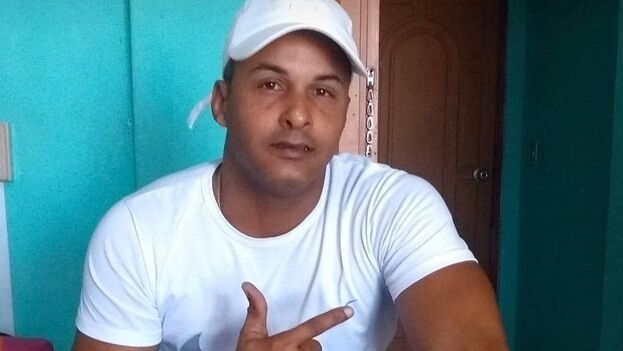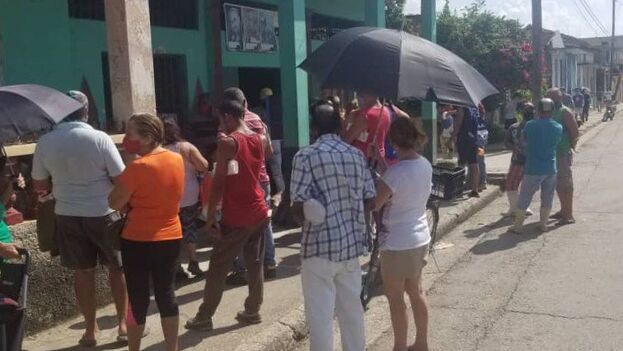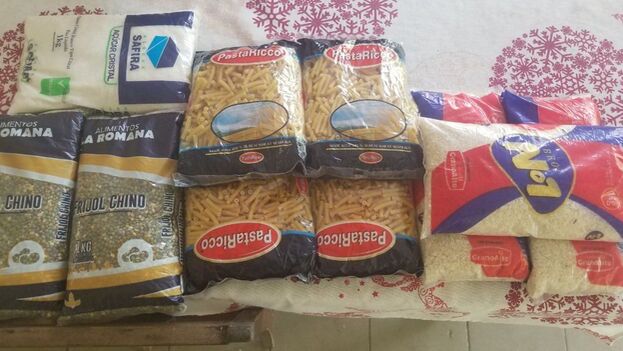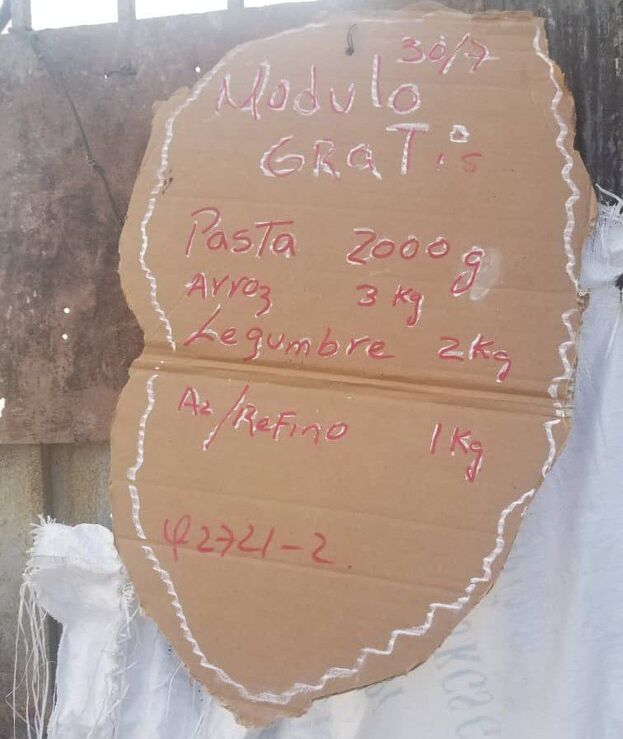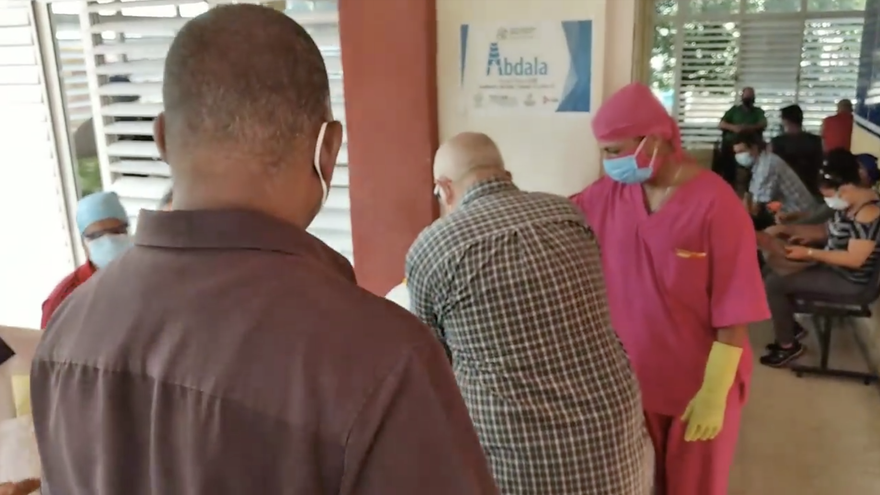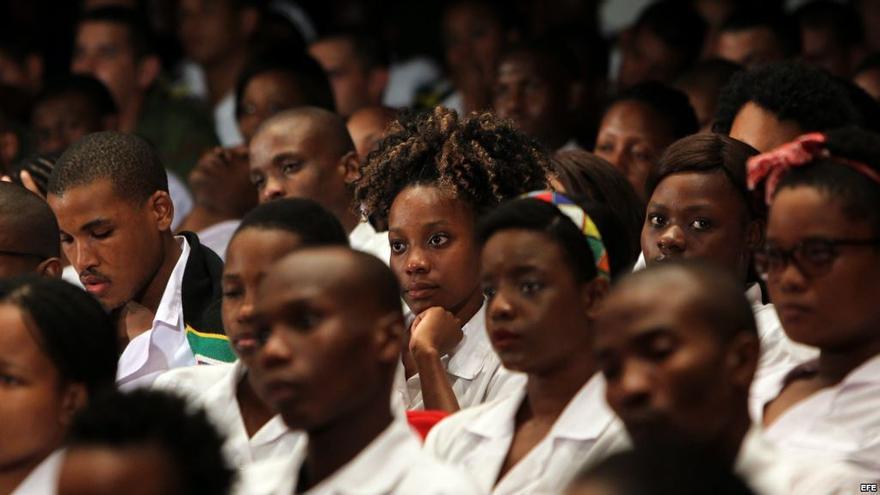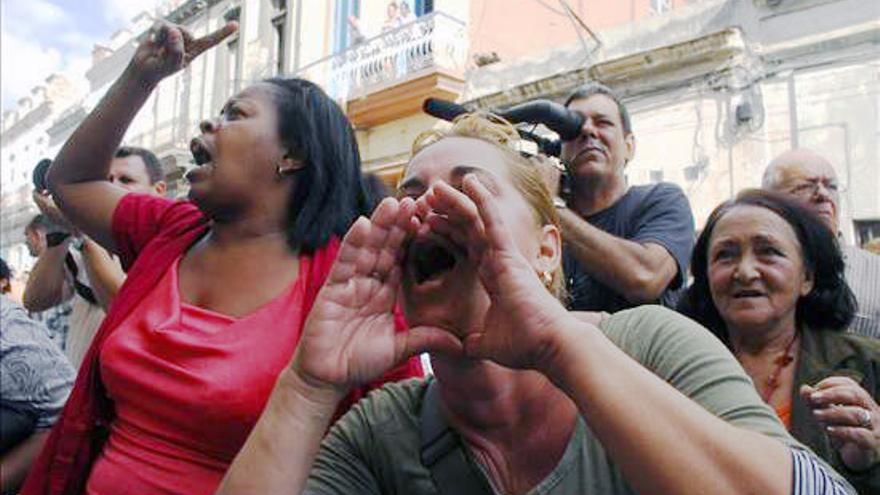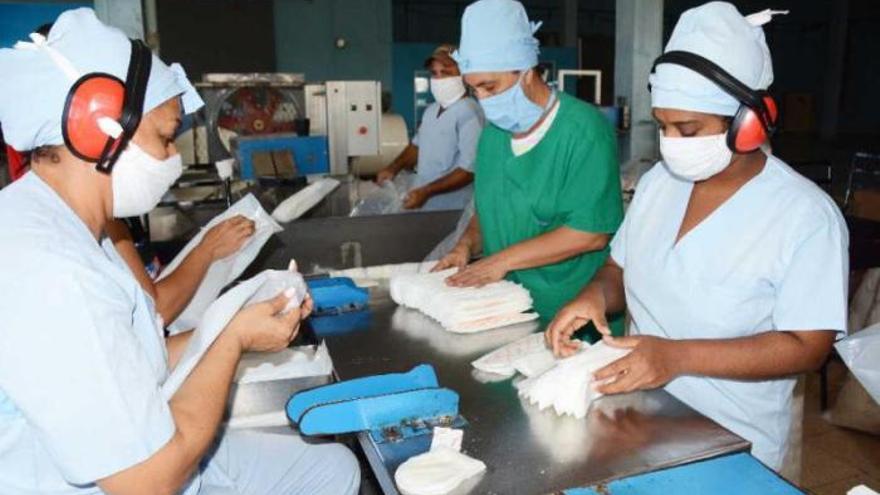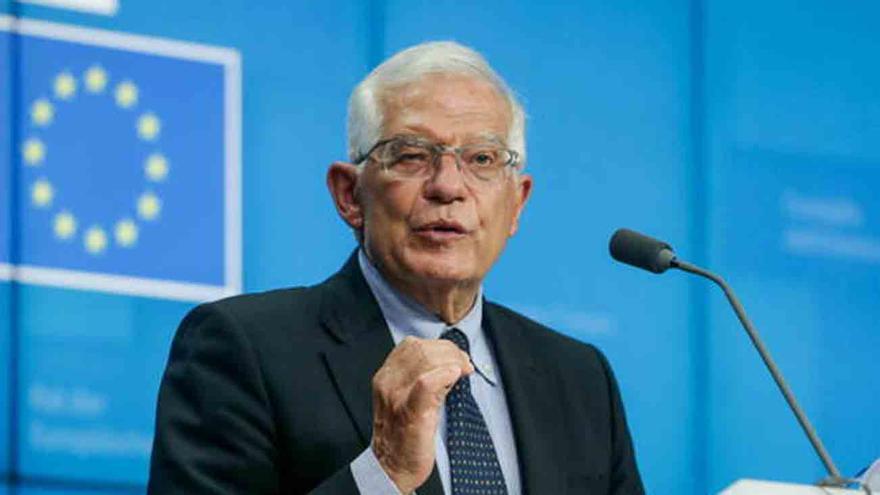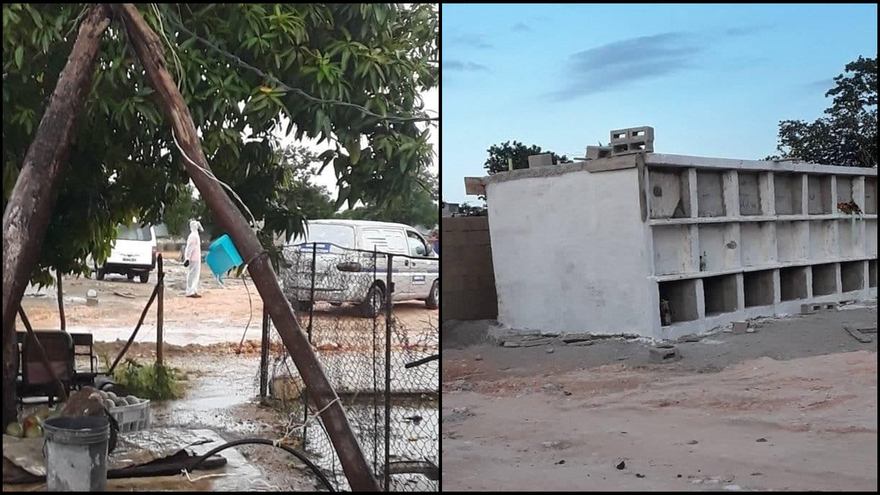
![]() 14ymedio, Mercedes García, Sancti Spíritus , 2 August 2021 — The upsurge of Covid-19 in the Cuban province of Ciego de Ávila has accelerated the works to expand its main cemetery, some works that have been rejected by the closest neighbors who have been denouncing bad smells, the hectic bustle of corpses and the use of some of their patios for burials.
14ymedio, Mercedes García, Sancti Spíritus , 2 August 2021 — The upsurge of Covid-19 in the Cuban province of Ciego de Ávila has accelerated the works to expand its main cemetery, some works that have been rejected by the closest neighbors who have been denouncing bad smells, the hectic bustle of corpses and the use of some of their patios for burials.
“The residents of Calle 8 and Pedro Martínez have been complaining for more than a week because we wouldn’t wish on anyone what we are experiencing, it is like being in a horror movie,” Moraima Lugo, one of those affected by what she calls “the expansion of the cemetery at full speed.”
The woman explains that her patios are adjacent to the Ciego de Ávila cemetery, near the Central Highway, and several neighbors have suffered the demolition of their fences “overnight” because “the authorities need more space to build niches.”
“They say that they no longer have capacity in the oldest part of the cemetery and this is disrespectful because continue reading
Lugo adds that the neighborhood has always had problems with water and that a year ago, the residents themselves had to pay for a well to supply themselves. Now, she complains that “the little water supply we have is contaminated and in the worst way, with waste derived from deceased people, some of them as a result of Covid-19.”
“The fences that have been pulled down for the works of the cemetery surround the patios of people who have lived here for a long time,” she continues. “Some have the deeds for their entire land and others do not, but their children were born in those houses, they deserve respect and not that the dead are placed a few meters from the windows of the rooms where they sleep.”
Yasmany González, another neighbor affected by the situation, even wrote a letter to Miguel Díaz-Canel. “We are dissatisfied with the place chosen for the expansion of the cemetery in Ciego de Ávila,” he complains, and insists that with these works “Cuban Norm No. 93-01: 1985” is being violated, which establishes that the cemetery must be located at a distance about 300 meters from the urban perimeter.
“In each of these houses there is a child under eight years old and the only thing they see when they go out to the patio are the deceased, weeping families and hearses every 45 minutes,” complains this neighbor. “Not much is known yet [about this pandemic, and yet] they build a cemetery here overnight without a prior study of the consequences for all these families.”
But the problems are not only due to the bad smells and the disturbing images of the cars with corpses, according to González. “This whole neighborhood benefits from the water of a well which is 17 meters away from the last vault and with a difference of 15 centimeters below the ground level of the terrace of the niches.”
The location of the well makes it contaminated with funeral waste when it rains. “My opinion as a civil engineer is that this project must be carried out outside the city. I leave the decision and responsibility to you for what may happen here,” he writes.
The authorities have responded to the complaints and classified as fake news the complaints of alleged burials in mass graves in the cemeteries of the cities of Morón and Ciego de Ávila, although they do not deny the expansion of the cemetery to occupy areas of the patios of cemetery neighbors.
The local press acknowledged that the daily average of up to 10 deaths has doubled in the Ciego de Avila necropolis, where the gravediggers have had to “bury up to 20 people in one day during this pandemic peak, a circumstance that makes understandable the logical delay in the sealing of the niches,” according to one of the complaints of the neighbors.
Local officials also appeal to the fact that the project to extend the cemetery was planned before the pandemic. “For 15 years, the expansion of the Ciego de Avila municipal necropolis has been gradually budgeted, but the peak of the current upsurge has forced investment to be accelerated with the construction of new niches,” said Jorge Enrique Pérez González, municipal director of Communal Services in Ciego de Avila.
For his part, the provincial director of that state entity, Luis Alberto Pérez Olivares, told the newspaper Invasor that during this expansion, “150 niches have already been completed in the cemetery of the provincial capital and 350 more are being worked on.” According to a “staggered schedule… a total of 2,000 niches and 900 ossuaries” will be completed.
However, the explanation does not seem to satisfy the readers of the local newspaper. Yainier Lopez Bravo says that his grandfather died on July 15 in Morón and at the funeral home they assured him that “the mausoleum was collapsed, that the only thing there was was a grave on the ground, with capacity for 3 or 4 coffins, that is, a common grave.” During the funeral “we were able to verify the sad reality. The grave we put my grandfather in had to be left open to wait for another person to die to fill the quota and close it, and there were two more open.”
Another reader, Héctor, confirms the story: “I uploaded that video where my first cousin is shown exposed without covering 15 days after his funeral. That day I went to bury my mother and I left with the bitter experience not only of losing my mother but to see how several coffins were exposed days after their supposed burial.”
____________
COLLABORATE WITH OUR WORK: The 14ymedio team is committed to practicing serious journalism that reflects Cuba’s reality in all its depth. Thank you for joining us on this long journey. We invite you to continue supporting us by becoming a member of 14ymedio now. Together we can continue transforming journalism in Cuba.

